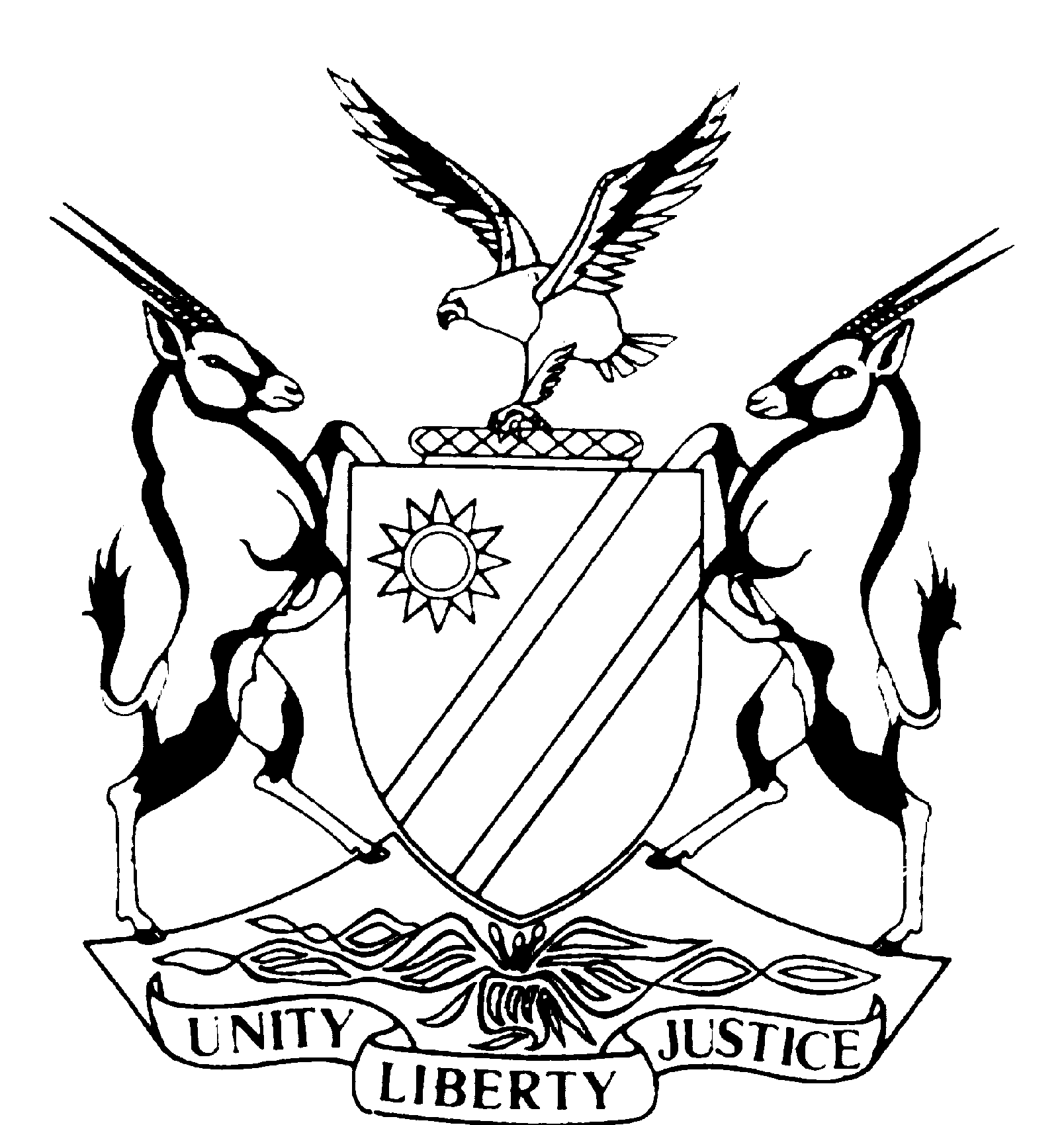
CASE NO.: CR 58/2011
IN THE HIGH COURT OF NAMIBIA
In the matter between:
THE STATE
versus
JOHANNES SCOTT
[HIGH COURT REVIEW CASE NO.: 1182/2011]
CORAM: SWANEPOEL, J et SIBOLEKA, J
Delivered on: 2011 JULY 15
________________________________________________________________________
REVIEW JUDGMENT
SIBOLEKA, J.:
[1] The accused appeared before the Magistrate’s Court at Mariental on a charge of Theft.
[2] He pleaded guilty and during questioning in terms of section 112(1)(b) of Act 51/77 the following transpired:
“Court: Why did you take the goods then?
Acc: Because I was not paid I needed to sell goods for money.”
Despite the above answer from the accused the learned Magistrate convicted him stating:
“Court: Accused, Court is satisfied that you admit elements and find accused guilty as charged.”
[3] I directed the following query to the learned Magistrate:
“The Honourable Reviewing Judge remarks as follows:
How could the accused be said to have satisfied the court in admitting all the elements in the charge in view of the following:
“Court: Why did you take the goods?
Acc: Because I was not paid I needed to sell the goods for
money.”
Please explain. Your early reply will be appreciated.”
[4] The response has been received and reads:
“One element of theft is the intention to steal (animus furandi) which will exist where an accused intentionally effect a contrectatio, intending to deprive the owner permanently of the property, knowing that property is capable of being stolen and that accused is acting unlawfully in taking it.
In casu, the accused admitted that he had known at the time that what he did was wrong. Upon enquiry by court, he explained that he intented to sell the goods. The motive for this theft, he therefore admitted was to enrich himself. He had acted with object of permanently depriving the owner of the benefits of its ownership.
The salary claim in this case is divorced from the offence that accused committed, it is therefore in my opinion not a claim of right. If I were newly appointed and did not receive my salary cheque at the end of the month, I walk to the cash hall and remove some cash from the revenue clerk’s drawer, because I felt I was entitled to that money as I needed it at that point in time. (My emphasis) this would amount to theft in my opinion, similar to case before court.
Through questioning, it was established that accused did not have a bonafide belief that he was entitled to the items. For the above reasons, the court convicted the accused of theft.
I stand to be corrected by the Honourable Reviewing Judge.”
[5] The learned magistrate is incorrectly of the opinion that the salary claim raised in this case is divorced from the offence that the accused committed and is therefore in her opinion not a claim of right. This reasoning does not address the point in issue, which is very clear when looked at from the perspective of the question posed:
“Why did you take the goods?”
[6] The above question is of cardinal importance in ascertaining whether the accused had a valid (defence) reason for taking the complainant’s goods or not. In my view it is not correct to say a reply to such an important question ‘is divorced’ from the offence leveled against him.
[7] Section 113 of Act 51 of 1977 reads:
“113 Correction of plea of guilty:
If the Court at any stage of the proceedings under Section 112 and before sentence is passed is in doubt whether the accused is in law guilty of the offence to which he has pleaded guilty or is satisfied that the accused does not admit an allegation in the charge or that the accused has incorrectly admitted any such allegation or that accused has a valid defence to the charge, the Court shall record a plea or not guilty and require the prosecutor to proceed with the prosecution: Provided that any allegation, other than an allegation referred to above, admitted by the accused up to the stage at which the Court records a plea or not guilty, shall stand as proof in any Court of such allegation.” (My own underlining.)
[8] In S v Mbhele 1980(1) SA 295 at 297G-H the Court stated the following:
“In the following events, therefore a Court is obliged to enter a plea of not guilty notwithstanding an earlier plea of guilty:
The Court is in doubt whether the accused is in law guilty of the offence to which he has pleaded guilty or,
The Court is satisfied:
That the accused does not admit an allegation in the charge sheet, or
That the accused has incorrectly admitted any such allegation, or
That the accused has a valid defence to the charge.” (My own underlining.)
[9] It is my considered view that the reply furnished by the accused in the following words “Because I was not paid, I wanted to sell goods for money” constitute a valid defence to the charge he was facing.
[10] In the result: The matter is referred back to the Magistrate to note a plea of not guilty in terms of Section 113 of Act 51/77 to enable the prosecution to call the complainant and to lead evidence in clarification of the defence raised by the accused during Section 112(1)(b) questioning.
____________________
SIBOLEKA, J
I agree.
______________________
SWANEPOEL, J